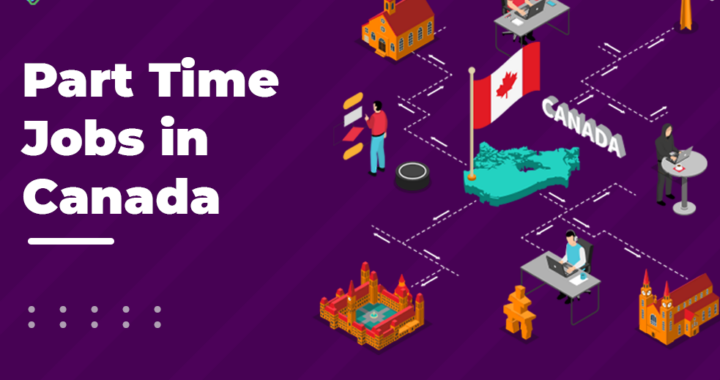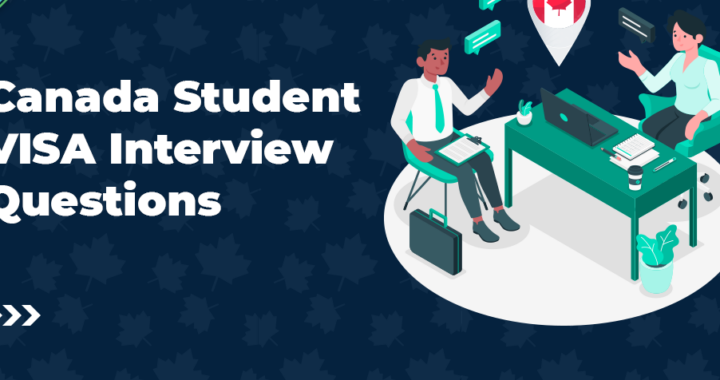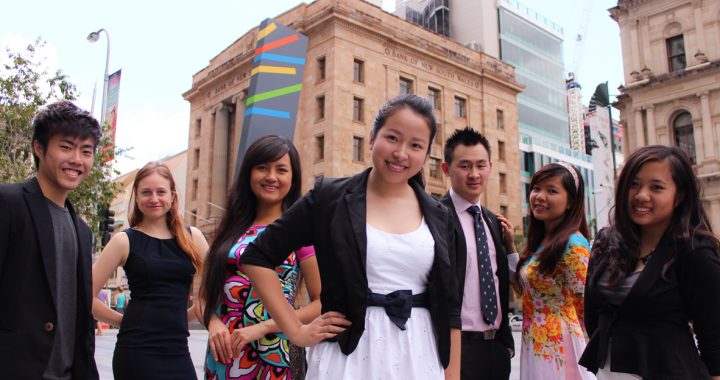Loans for an International Student in Canada-What are the Options?

Loans for an International Student in Canada
When figuring out a way ahead in academics, tapping education abroad often strikes the mind. However, escalated costs, the issue of residence, add on living expenditure are factors that might deter you from pursuing an educational course offshore. That said, of late, Canada universities are finding favor with students looking at quality education abroad at costs lesser than already in-demand nations such as UK, USA or even Australia.
Despite the comparative downtrend in educational costs, Canadian education still needs financial assistance if you plan pursuing the same. The upside here is that PR is often a guaranteed if all criteria are met, post completion of a Canadian degree.
Begin with Estimating the Educational Cost
- Visit websites of relevant universities or institutions and access own calculators. These let you determine the educational costs you need to shell out during a course.
- Once you figure out the tuition and other non-academic costs, you will be in a position to calculate the financial assistance you need to tap.
- Check out relevant government schemes such as aid for foreign student, the requisites to tap these and more scholarships, as you dive into seeking financial aid as a foreign student in Canada.
Also Read- Top reasons for rejection of Student Visa Application
Loan it Up
- You might not get affordable educational loans as a new student in Canada. You also need to show proof of fund availability when you apply for student visa for Canadian education. Therefore, you might be better off talking out with a bank in your native place who might willfully loan you out an educational international loan.
- There are several schemes available in your own country via the Ministries of education the local bodies to aid local students pursuing education abroad. There could be terms such as mandatory to country within a span of time or a particular rate of interest that applies. Read the fine print.
- While in Canada, you might tap the Canadian Student Financial Assistance Program that offer help from the federal node to students at Canadian universities. However, you need to first have a PR or have a person with PR as a guardian to act as the re-payer on the loan.
- If you have any philanthropic associations or are high in terms of merit certifications, there are several provincial grants or scholarships to check out. These again, need some research and are not repayable.
Bursary
- A bursary is available to international students from the institution itself. These are available from private companies or non-profit organizations and are much like a grant.
- You need to research these first to see the clauses applicable. Moreover, your application undergoes checks and assessments thoroughly before a possible sanction.
Summing Up
Remember, most grants, loans and bursaries and few student lines of credit will cover the academic costs. You need to look up part time employment as a way to ease your daily expenditure. This is a practical as well as a learning option for better settling into the Canadian territory as an international student.

 Do you know that you can get a Canadian degree while studying in your home country?
Do you know that you can get a Canadian degree while studying in your home country?  How to Find a Job in Canada as an International Student?
How to Find a Job in Canada as an International Student?  Jobs in Canada that Every International Student Must Know!
Jobs in Canada that Every International Student Must Know!  Questions Asked in Canadian Student Visa Interview And How to Tackle them?
Questions Asked in Canadian Student Visa Interview And How to Tackle them?  Australia Increases Working Hours For International Students From Hospitality and Tourism Sector
Australia Increases Working Hours For International Students From Hospitality and Tourism Sector  Tax Liabilities of International Students in Canada, UK, USA
Tax Liabilities of International Students in Canada, UK, USA  ICE Deportations at Immigration Hearings: Truth, Risks & Legal Remedies
ICE Deportations at Immigration Hearings: Truth, Risks & Legal Remedies  What happens if the marriage ends before the conditional green card is granted to spouse
What happens if the marriage ends before the conditional green card is granted to spouse  Canada Removes Points for Prearranged Job Offers in Express Entry: What It Means for Immigration Applicants
Canada Removes Points for Prearranged Job Offers in Express Entry: What It Means for Immigration Applicants  Marriage Visa to the USA: Your Ultimate Guide to Love, Law, and a Green Card!
Marriage Visa to the USA: Your Ultimate Guide to Love, Law, and a Green Card!